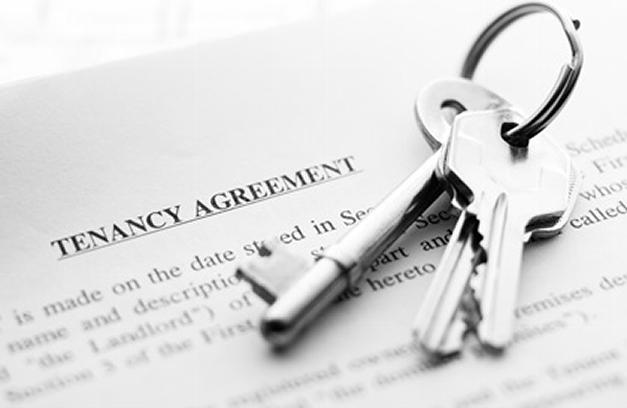The Importance of a Tenancy Agreement When Disputing a Deposit Return

Whatever is disputed in relation to a tenancy deposit, the single most important document in deciding who gets what is the tenancy agreement.
The fundamental principle is that the deposit belongs to the tenant until the landlord establishes a valid claim to it; and the burden of proof is always be on the landlord/agent to prove they are entitled to some or all of the deposit money.
Whenever a deposit enters the Dispute Resolution Mechanism, the role of the adjudicator is to make an award on the basis of the evidence presented by both parties. In all disputes, the first piece of evidence which an adjudicator will require is the tenancy agreement. Forget this, and your claim will most likely fail at the first hurdle. To support a landlord’s claim, the adjudicator will expect to see a clause within the tenancy agreement which relates specifically to the deposit, detailing the reasons why it may be retained. It is therefore very important that members review their tenancy agreements on a regular basis to satisfy themselves that they have covered everything they might wish to claim for.
Please refer to our information booklet “A Guide to the Tenancy Deposit Scheme Regulations” which contains a section on dealing with disputes and explaining the importance of the types of evidence expected.
The tenancy agreement establishes the liability for a claim on the deposit and, having met this requirement, other forms of evidence will be needed to support claims for deterioration of the property, cleanliness or rent arrears. Typically, the adjudicator will require supporting evidence such as comprehensive signed inventory, check-in and check-out reports, dated photographic/video evidence, invoices, rent statements; as well as any other documented correspondence between the parties that supports the claims being made.
For more information of submitting your case, please visit https://www.tdsnorthernireland.com/tools-and-guides/
